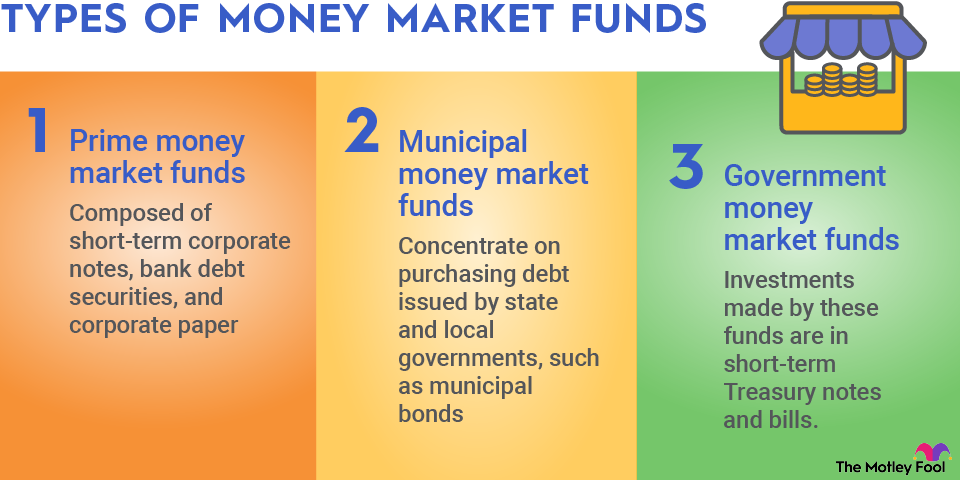A Master of Business Administration (MBA) is the most popular graduate degree in the United States. Generally, the program takes at least one year to complete and prepares students for careers in management and finance. This article will teach you more about MBA programs' popularity, admissions rates, costs, curricula, and advantages.

What is an MBA?
Roughly one in four graduate degrees awarded in the United States are MBAs. The degree, designed primarily to prepare students for careers in finance and management, is considered both a professional and financial advantage for entry-level and mid-career job seekers.
An MBA typically takes at least one full academic year to complete, though some schools with more specialized programs offer two-year degrees for full-time students. As with many degrees, a growing number of MBAs are being awarded to online students, who typically can take longer to finish their coursework. More than half of U.S. graduate business students are currently taking online classes.
MBA requirements for admission
Admission requirements for an MBA program vary. Generally, students must have at least a 3.0 grade point average during their last two years of undergraduate education. In addition, most top MBA programs require students to score above 315 for the Graduate Record Examination (GRE) or more than 720 for the Graduate Management Admission Test (GMAT).
Getting admission to a top MBA program is far from a sure thing. Among the top 50 U.S. business schools, admission rates for MBA programs in 2022 were 31.2%. Stanford University took only 8.6% of applicants; the University of Utah's business school admitted 61.6% of applicants.
Winning admission is only the start of the program. Graduate degrees in business (or any discipline) aren't cheap, and the costs of tuition, fees, and other expenses vary wildly depending on the location and program.
The Education Data Initiative estimated in late 2022 that the cost of an MBA ranged from $30,000 to $120,000. Roughly one-third of MBA students get financial help from families and employers; one-third use savings to pay for their advanced educations; and one-third use student loans, such as the Direct PLUS or Grad PLUS programs, to defray costs.
Coursework required for an MBA
The amount and scope of coursework for an MBA program vary. Most programs, however, require classes in a half-dozen concentrations:
Accounting
Students typically focus on understanding and analyzing accounting information rather than learning how to become an accountant. Areas of concentration include how to read balance sheets and income statements and understand key transactions.
Income Statement
Economics
Graduate business programs usually require students to take classes to broaden their understanding of both macroeconomics and microeconomics. Economics also may include advanced statistics classes useful for managers and analysts.
Marketing
These classes typically instruct students in the art of finding and filling business opportunities. Students also learn about consumer behaviors, market segments, distribution, branding, and other elements of communicating the availability and advantages of products.
Finance
Students generally focus on investments in core finance classes and learn about models to maximize the use of capital. Topics also commonly include using financial analysis tools and funding for deals ranging from initial public offerings (IPOs) to mergers and acquisitions.
Mergers and Acquisitions
Management
Core management classes emphasize skills designed to improve leadership qualities, develop strategies for organizations, and learn negotiation skills. Some elements of psychology and relationship management also may be included.
Law and ethics
These classes are a relatively new addition to the curricula of most business schools. They became more popular after the savings and loan debacle of the early 1990s and almost universal in the wake of the 2008-2009 financial crisis.
Related investing topics
Advantages of an MBA
It's hard to argue against the value of an MBA. True, it's not a guaranteed golden ticket to wealth. The average salary for an MBA graduate of New York University topped $181,000 in 2021, but there's a very wide range depending on the specialty and location. For example, MBA graduates living in Maine reported an average salary barely above $79,000.
A graduate business school degree, however, can provide people with excellent skills they may not even know they'll need. It can help graduates explore new industries, accelerate their career paths, and build out valuable professional networks. An MBA isn't a must-have for everyone, but it can be a valuable asset for almost anyone interested in expanding their career options.


















